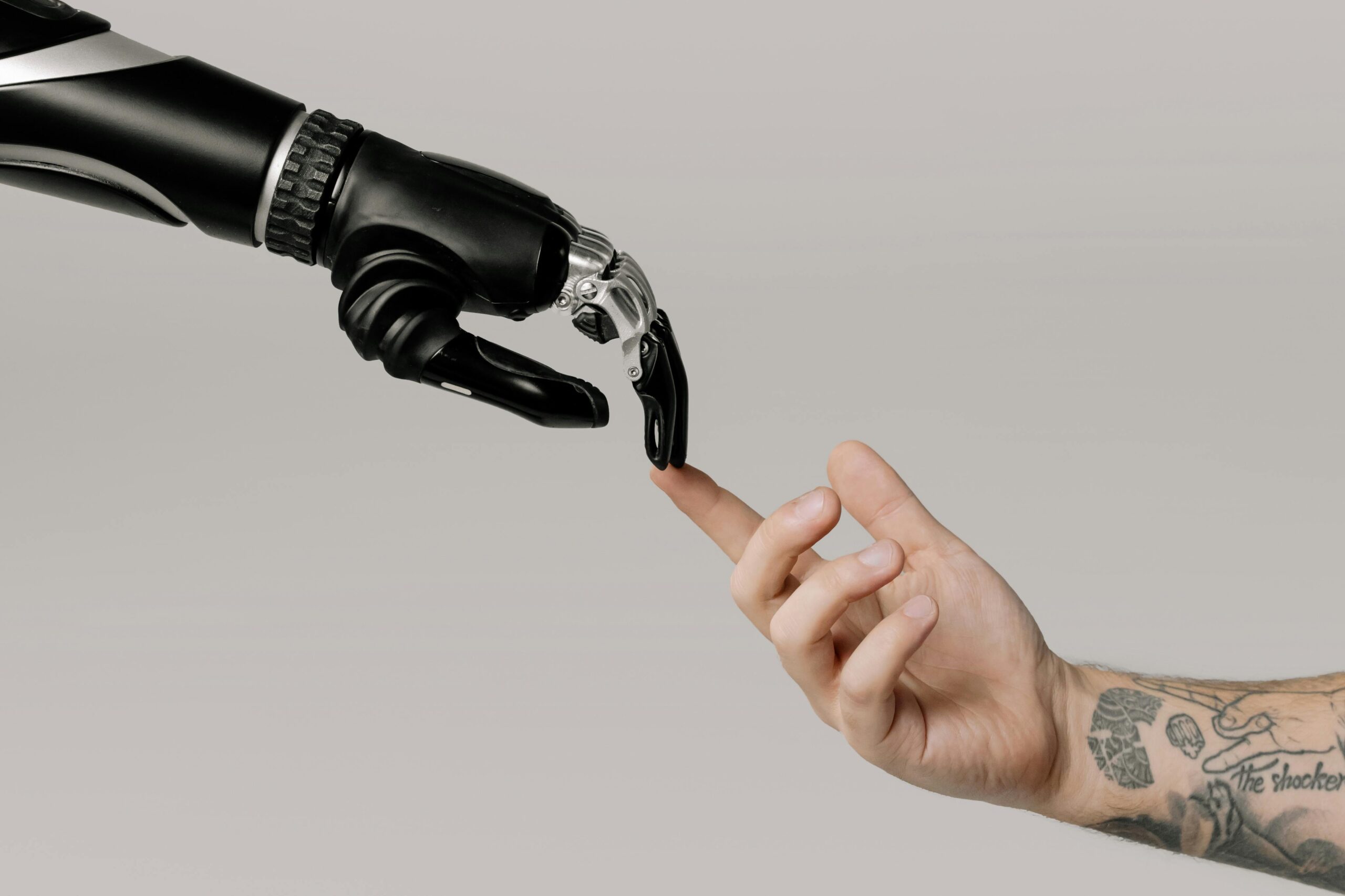- February 5, 2024
AI in Healthcare: Revolutionizing Diagnosis, Treatment, and Patient Care

Artificial Intelligence (AI) is reshaping the landscape of healthcare, offering transformative solutions to improve diagnosis, treatment, and patient care. From predictive analytics to image recognition and virtual assistants, AI technologies are revolutionizing every aspect of the healthcare industry, making it more efficient, accurate, and accessible.
One of the most significant applications of AI in healthcare is in medical imaging, where AI algorithms can analyze images such as X-rays, MRIs, and CT scans with speed and accuracy. By leveraging deep learning techniques, these algorithms can detect abnormalities, tumors, and other indicators of disease, assisting radiologists in diagnosis and treatment planning.
Moreover, AI-powered predictive analytics are enabling healthcare providers to identify patients at risk of developing chronic conditions such as diabetes, heart disease, and cancer. By analyzing patient data such as medical records, lab results, and lifestyle factors, AI algorithms can predict disease progression, recommend preventive interventions, and personalize treatment plans for better outcomes.
Furthermore, AI-driven virtual assistants and chatbots are enhancing patient engagement and support, providing round-the-clock access to medical information, appointment scheduling, and medication reminders. These virtual assistants can triage patient inquiries, answer common questions, and provide personalized recommendations based on individual health needs and preferences.
Additionally, AI technologies are facilitating medical research and drug discovery, accelerating the development of new treatments and therapies for a wide range of diseases and conditions. By analyzing vast amounts of biomedical data, AI algorithms can identify potential drug targets, predict drug interactions, and optimize clinical trial design, leading to faster and more cost-effective drug development processes.
In conclusion, AI has the potential to revolutionize healthcare by improving diagnosis accuracy, treatment effectiveness, and patient outcomes. By harnessing the power of AI, healthcare providers can deliver more personalized, proactive, and patient-centered care, transforming the way we approach healthcare delivery and disease management.